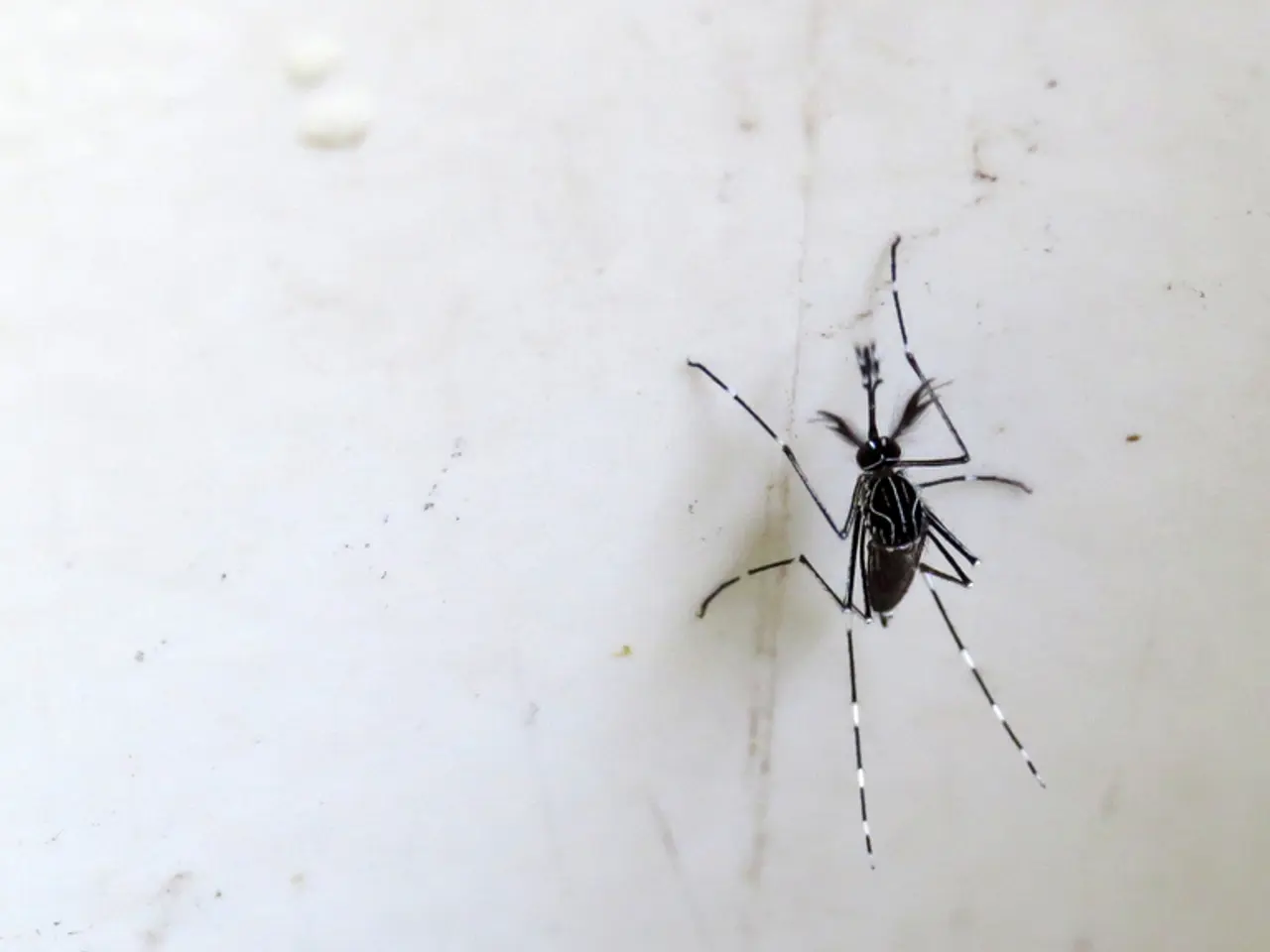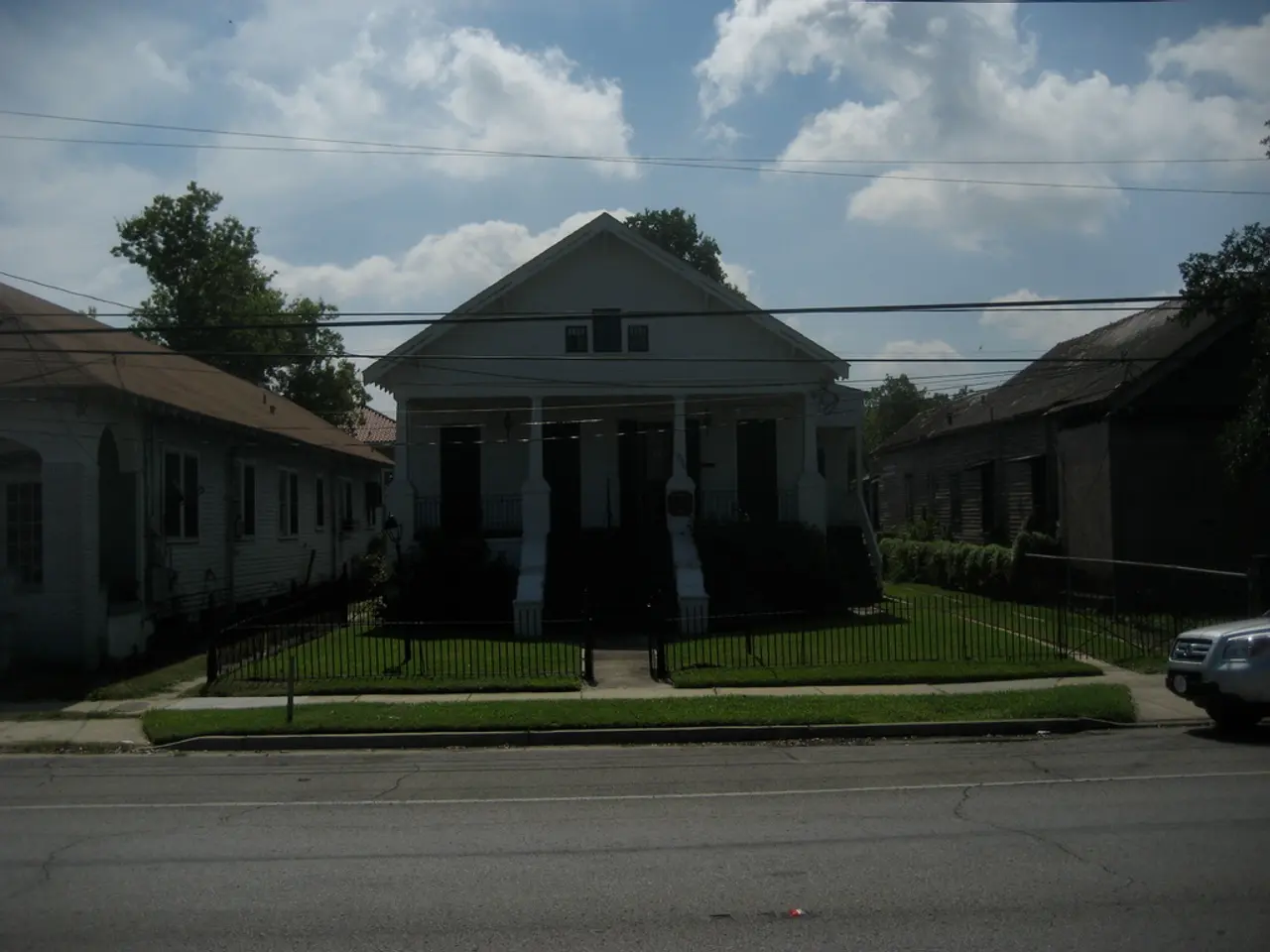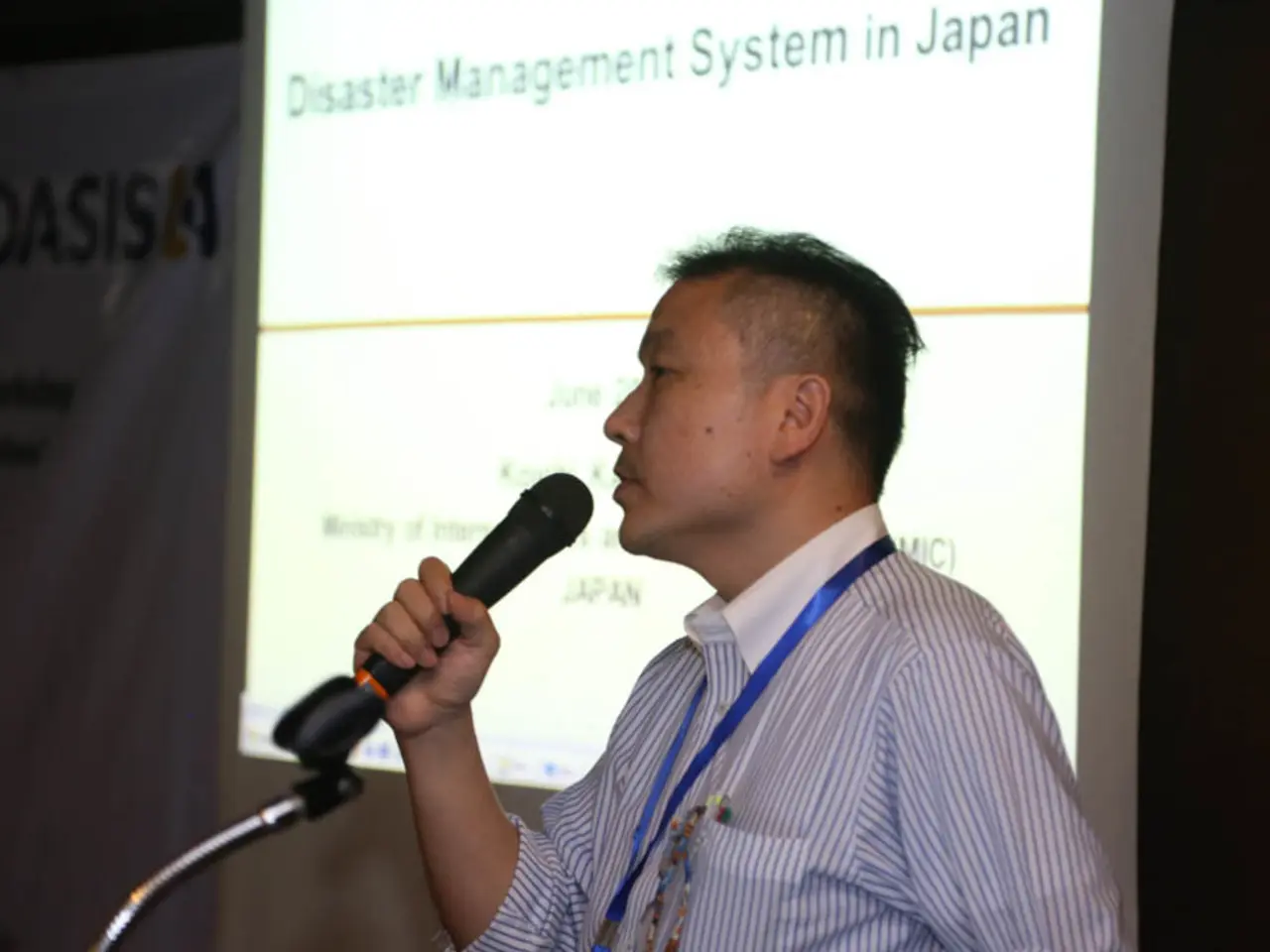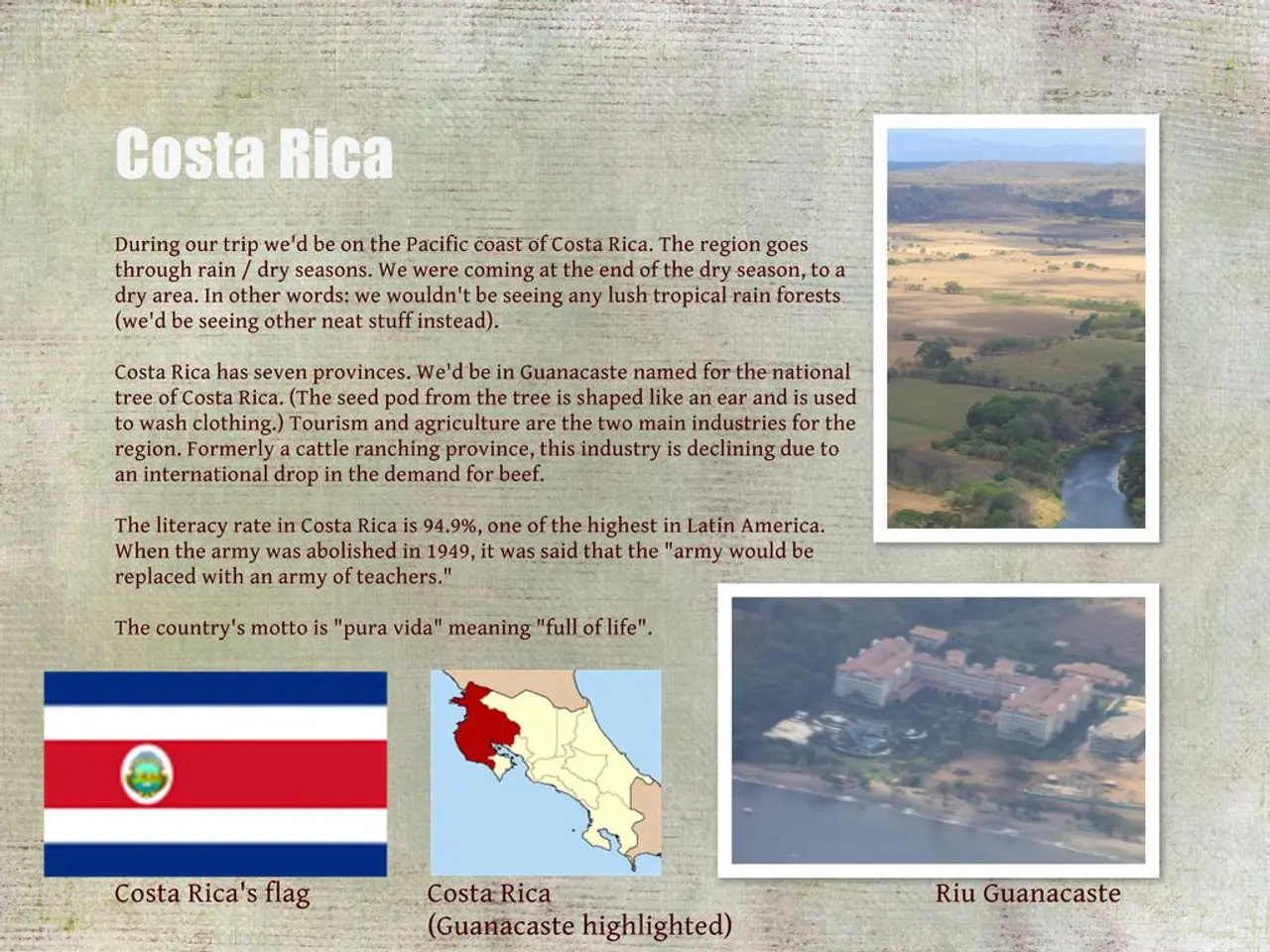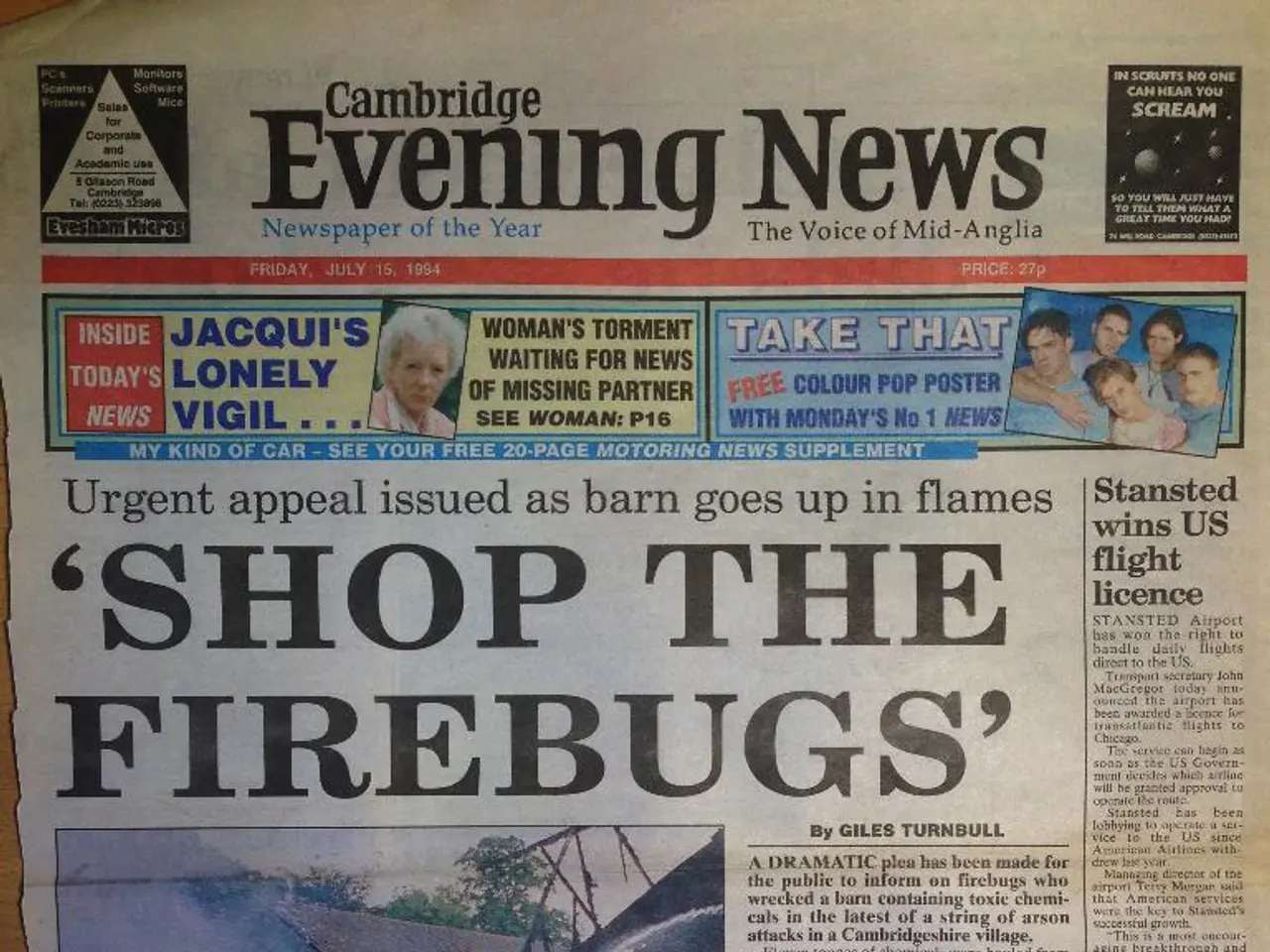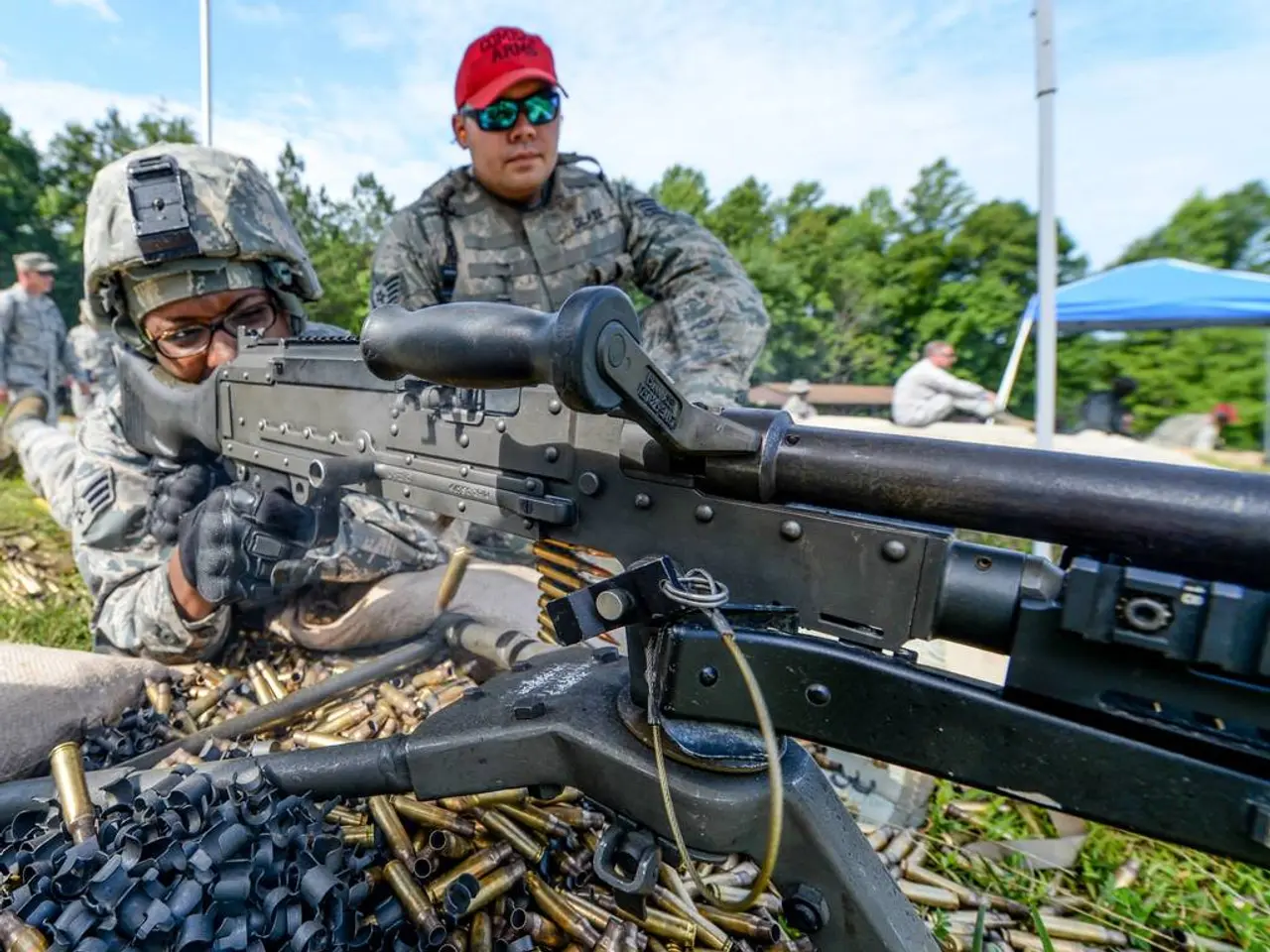Preparations for a snake battle are underway.
Rising Mosquito Activity Along the Upper Rhine Due to Flooding
After a brief reprieve, the mosquito season in the Upper Rhine region has been revived due to the recent flooding. The heavy rainfall, particularly in the southwest and along the Alps, has caused significant rises in the water levels of the Rhine, leading to flooding in various areas.
The high-water mark of 652 cm was reached at Maxau as a result of the flooding. This excessive water has not only affected the main river but has also inundated additional areas, including low-lying regions, ditches, and rainwater retention basins. KABS, the Communal Action Group for Combating the Mosquito Plague, is currently inspecting these affected breeding grounds of floodplain mosquitoes.
Initially, expectations were low for mosquito activity due to the prolonged dry spell. However, the flooding has changed this, as the standing water generated by the floods serves as ideal breeding grounds for mosquitoes. This, in turn, leads to increased mosquito populations during and after such events.
To manage this risk, KABS implements targeted mosquito control measures in response to flooding. These measures include monitoring mosquito populations in floodplain areas, applying larvicides to stagnant water to prevent mosquito larvae from developing, and public education campaigns to reduce human-mosquito contact and encourage the removal of additional breeding sites.
The floodplain landscapes along the Upper Rhine are dynamic habitats where water levels fluctuate significantly, posing challenges to mosquito control efforts. KABS must coordinate closely with environmental authorities to balance ecological concerns with effective mosquito management during extreme weather like floods.
In response to the current situation, KABS is employing both ground and aerial control methods. Helicopter deployment is planned to treat hard-to-reach areas, aiming to increase efficiency in the control measures. If mosquito larvae numbers exceed certain threshold values, a biological active substance will be used to control the spread.
The schedule for the affected regions, including Baden, the Palatinate, Rheinhessen, and South Hesse, is currently uncertain. Flights in South Baden are scheduled for Friday or Saturday. Despite the challenges, KABS remains busy in its efforts to mitigate the mosquito nuisance and potential disease risk.
[1] This paragraph has been added for context and to provide a more comprehensive understanding of the situation. It is not directly mentioned in the provided bullet points.
- The flooding in the Upper Rhine region, caused by heavy rainfall and high water levels, has inadvertently transformed into breeding grounds for mosquitoes, reviving the mosquito season in environmental-science fields.
- In response to the altered conditions brought on by the flooding, the Communal Action Group for Combating the Mosquito Plague (KABS) has implemented science-based strategies, such as monitoring mosquito populations, applying larvicides, and public education, to manage and mitigate the mosquito problem in conjunction with environmental authorities.
